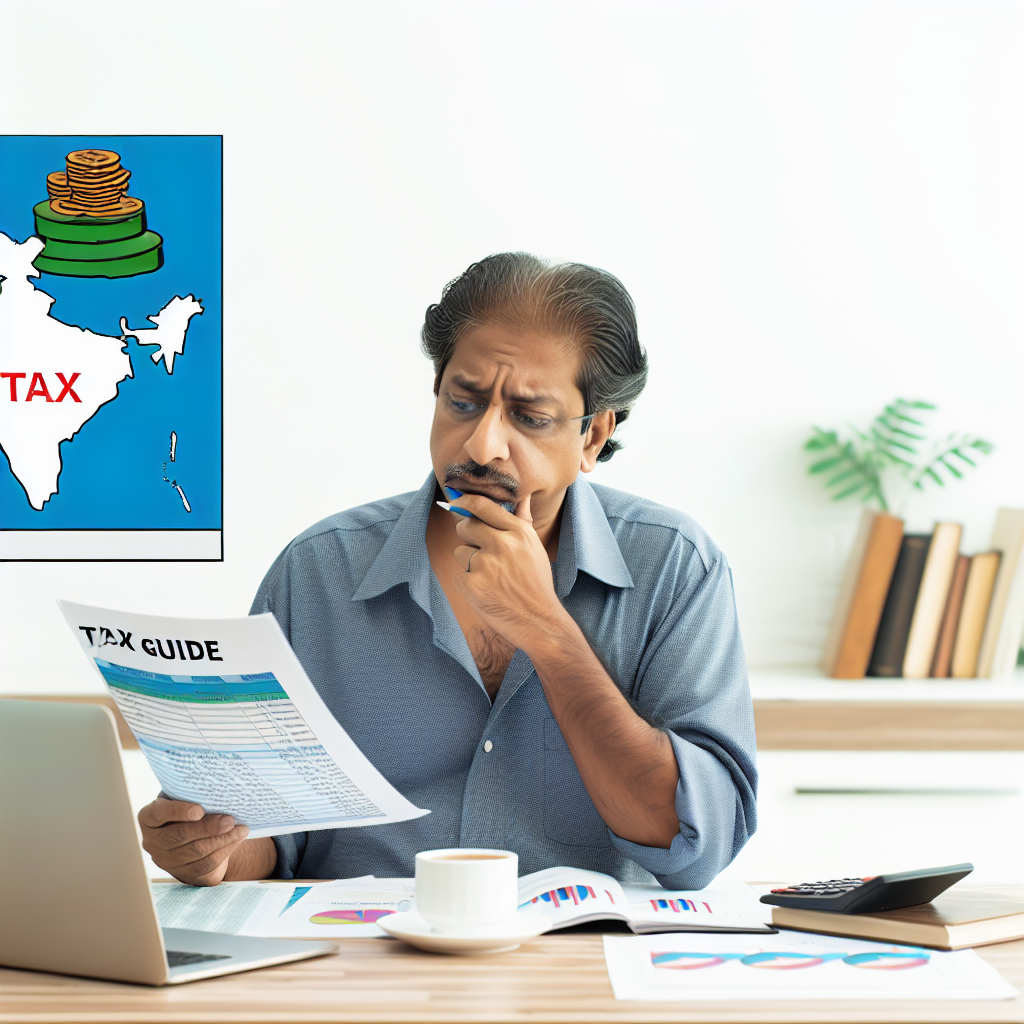
Introduction
Being an Indian expat can be an exciting and rewarding experience. However, one challenge that many Indian expatriates face is the issue of double taxation. Double taxation occurs when an individual is required to pay taxes on the same income in more than one country. This can happen when an Indian citizen is working abroad and earning income in a foreign country while still being considered a resident of India for tax purposes. In such cases, it is essential to understand how to avoid double taxation and make the most of tax benefits available to Indian expats.
Understanding Residency Status
One of the first steps in avoiding double taxation as an Indian expat is to understand your residency status. In India, the residential status of an individual is determined based on the number of days spent in the country during a financial year. It is crucial to know whether you qualify as a resident or non-resident for tax purposes. Understanding your residency status will help you determine which income is taxable in India and which income is taxable in your host country.
Benefits of Double Taxation Avoidance Agreements (DTAA)
India has signed Double Taxation Avoidance Agreements (DTAA) with several countries to prevent the issue of double taxation and provide relief to taxpayers. Under DTAA, you can claim tax relief in the form of a tax credit or exemption for the taxes paid in your host country. It is essential to check if the country you are residing in has a DTAA with India and take advantage of the benefits provided under the agreement.
Filing Tax Returns in India
As an Indian expat, you are required to file tax returns in India if you meet the specified criteria. By filing tax returns in India, you can report your global income and claim any tax credits or deductions available to you. It is essential to maintain proper documentation of your income, taxes paid, and foreign assets to avoid any issues during the tax filing process.
Claiming Foreign Tax Credit
One way to avoid double taxation is by claiming a foreign tax credit for the taxes paid in your host country. The foreign tax credit allows you to offset the taxes paid overseas against your Indian tax liability on the same income. To claim the foreign tax credit, you will need to provide the necessary documentation, such as a tax residency certificate and proof of taxes paid, while filing your tax returns in India.
Opting for the Tax Exemption Scheme
Indian expatriates can also opt for the Tax Exemption Scheme under Section 10(6) of the Income Tax Act, 1961. This scheme provides certain tax exemptions for non-resident Indians working abroad. To be eligible for the Tax Exemption Scheme, you must meet the specified conditions, such as being employed by the Indian government or an Indian company or being on a project approved by the Indian government.
Investing in NRE and NRO Accounts
Non-Resident External (NRE) and Non-Resident Ordinary (NRO) accounts are popular investment options for Indian expatriates. Funds in these accounts are freely repatriable and can be used for various purposes, such as investments, expenses, or savings. By investing in NRE and NRO accounts, you can manage your finances efficiently and reduce the risk of double taxation on your foreign income.
Seeking Professional Advice
Navigating the complexities of international taxation can be challenging for Indian expats. Seeking professional advice from tax experts or financial advisors can help you understand your tax obligations, maximize tax benefits, and avoid the issue of double taxation. A knowledgeable tax advisor can provide guidance on tax planning strategies, compliance requirements, and available tax incentives for Indian expatriates.
Conclusion
As an Indian expat, it is essential to be aware of the potential challenges related to double taxation and take proactive steps to mitigate them. By understanding your residency status, leveraging Double Taxation Avoidance Agreements, claiming foreign tax credits, opting for tax exemption schemes, investing in NRE and NRO accounts, and seeking professional advice, you can effectively avoid double taxation and ensure tax efficiency in your global financial dealings. Stay informed, plan ahead, and make the most of the tax benefits available to Indian expatriates.





